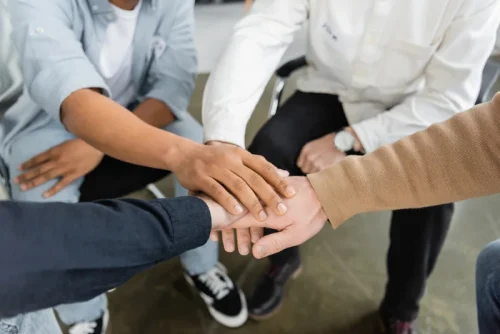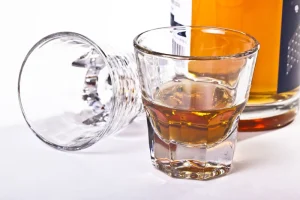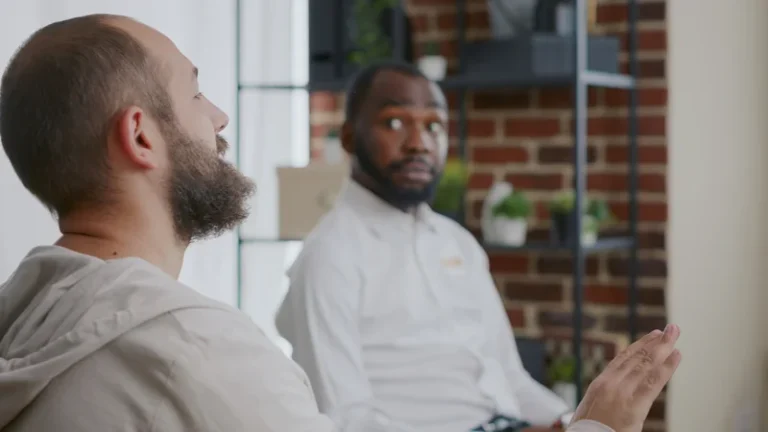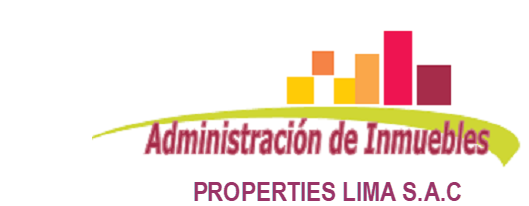
Opioid addiction, the scourge of our times, presents its own grim statistics. With relapse rates hovering around 85% in the first year of recovery, opioid addiction proves to be one of the most tenacious foes in the battle against substance abuse. The potent physical and psychological hooks of these drugs make sustained recovery a Herculean task.
- During emotional relapse, people aren’t considering drinking or using.
- For one, it bolsters self-respect, which usually comes under siege after a relapse but helps motivate and sustain recovery and the belief that one is worthy of good things.
- Here are five common relapse triggers you may want to discuss with your therapist or counselor.
- For that reason, some experts prefer not to use the term “relapse” but to use more morally neutral terms such as “resumed” use or a “recurrence” of symptoms.
Addiction Treatment Programs
But this view is considered harmful since it fosters feelings of guilt and shame that can hinder your ability to recover from a setback. For others, recovery is a personal growth process that usually involves a couple setbacks.2 Rather than viewing a relapse as shameful, this perspective looks at it as a learning experience. Cravings can be dealt with relapse prevention in a great variety of ways, and each person needs as array of coping strategies to discover which ones work best and under what circumstances. One strategy is to shift thinking immediately as a craving arises. Another is to carefully plan days so that they are filled with healthy, absorbing activities that give little time for rumination to run wild.
Cognitive Behavioral Therapy for Relapse Prevention

Getting through the holidays while maintaining recovery, especially for people newer to this life-changing process, is an accomplishment worthy of celebration in its own right. Shift perspective to see relapse and other “failures” as opportunities to learn. Being alone with one’s thoughts for too long can lead to relapse.
- Too, maintaining healthy practices, especially getting abundant sleep, fortifies the ability to ride out cravings and summon coping skills in crisis situations, when they are needed most.
- View these emotions as an opportunity for growth and understanding.
- One way to prevent stress from triggering you is to evaluate your stress levels.
- Withdrawal symptoms like nausea, shakiness, and sweating can be so difficult that you want to use drugs again just to stop them.
- Attending or resuming attending meetings of some form of mutual support group can be extremely valuable immediately after a lapse or relapse.
What is the rehab success rate for cocaine?
Not least is developing adaptive ways for dealing with negative feelings and uncertainty. Those ways are essential skills for everyone, whether recovering from addiction or not—it’s just that the stakes are usually more immediate for those in recovery. Many experts believe that people turn to substance use—then get trapped https://ecosoberhouse.com/ in addiction—in an attempt to escape from uncomfortable feelings. Among the most important coping skills needed are strategies of distraction that can be quickly engaged when cravings occur. Mindfulness training, for example, can modify the neural mechanisms of craving and open pathways for executive control over them.
People must also recognize that it’s okay to feel occasional cravings. Once they experience cravings, they’ll be ready to use the necessary coping skills. People in this stage should learn to recognize and avoid high-risk situations. This includes birthdays and holidays when many people justify their substance use through mental bargaining. People who maintain sobriety for several weeks or months become much less tolerant than they were in the past.
Inadequate or poorly matched treatment approaches can leave individuals ill-equipped to handle the challenges of recovery. It’s like sending someone to climb Everest with flip-flops and a map of the Sahara. By making changes in your lifestyle, relationships, and priorities, you may be able to reduce the number of stressful situations in your life.

Do I Need to Go Back to Treatment?
- Cognitive behavioral therapy is a well-established therapeutic approach that focuses on identifying and changing negative thought patterns and behaviors.
- It’s about building a toolbox of strategies to handle cravings, stress, and other triggers.
- As a result, those recovering from addiction can be harsh inner critics of themselves and believe they do not deserve to be healthy or happy.
- It can engage what has been termed the Abstinence Violation Effect.
- The belief that addiction is a disease can make people feel hopeless about changing behavior and powerless to do so.
During mental relapse, people start to consider using alcohol or other drugs. They know they shouldn’t, and they may try to practice coping behaviors. However, their negative mindset continues to negate other protective factors. Relapse prevention therapy (RPT) was developed over 40 years ago by G. This approach helps people in recovery anticipate the factors that might cause them to engage in their addictive behavior again—and to plan ahead for these situations.
Family and Children’s Programs

However, it’s important to keep in mind that many people with substance use disorders are exceptionally good at hiding their use from those around them. Relapse is total dysfunction, where a person has continually engaged in a pattern of thoughts or behaviors that destabilizes recovery and makes the use of alcohol or other drugs appealing. To this person, a return to addiction makes sense because they’ve been internalizing, listening to and agreeing with the logic of addiction. Addiction is a long-term condition, like asthma, diabetes, or high blood pressure. Of course, the goal is to stop using drugs or alcohol completely and not relapse.
